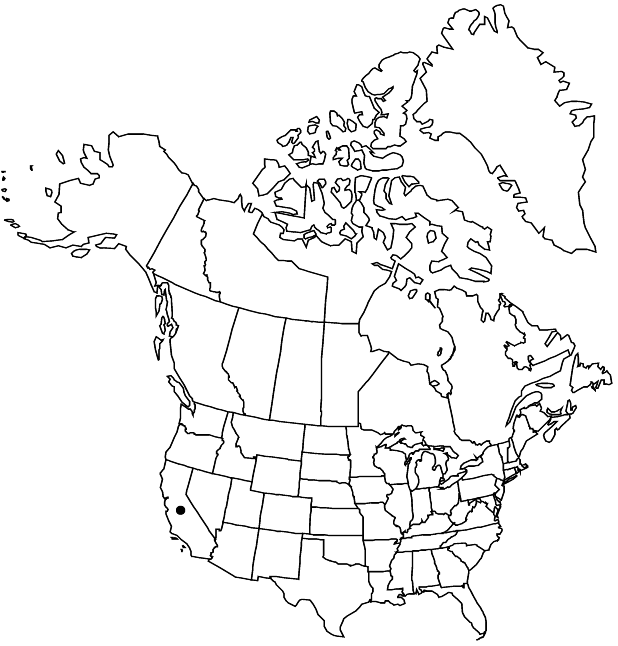Difference between revisions of "Dudleya cymosa subsp. pumila"
Madroño 34: 336. 1988,.
FNA>Volume Importer |
FNA>Volume Importer |
||
| Line 9: | Line 9: | ||
|name=Dudleya pumila | |name=Dudleya pumila | ||
|authority=Rose | |authority=Rose | ||
| + | |rank=species | ||
|publication_title=in N. L. Britton and J. N. Rose, New N. Amer. Crassul., | |publication_title=in N. L. Britton and J. N. Rose, New N. Amer. Crassul., | ||
|publication_place=14. 1903 | |publication_place=14. 1903 | ||
| Line 15: | Line 16: | ||
|name=Dudleya goldmanii | |name=Dudleya goldmanii | ||
|authority=Rose | |authority=Rose | ||
| + | |rank=species | ||
}} | }} | ||
|hierarchy=Crassulaceae;Dudleya;Dudleya subg. Dudleya;Dudleya cymosa;Dudleya cymosa subsp. pumila | |hierarchy=Crassulaceae;Dudleya;Dudleya subg. Dudleya;Dudleya cymosa;Dudleya cymosa subsp. pumila | ||
| Line 30: | Line 32: | ||
|elevation=100-2600 m | |elevation=100-2600 m | ||
|distribution=Calif. | |distribution=Calif. | ||
| − | |discussion=<p>Plants of < | + | |discussion=<p>Plants of <i></i>subsp.<i> pumila</i> in the San Gabriel Mountains are rather uniformly small, with the rosette leaves rhomboid and short-acuminate to cuspidate. Taken by themselves, they would seem a quite well-distinguished subspecies, and many plants of the Santa Lucia Mountains are similar. Plants of the San Bernardino Mountains are similar but apparently more variable; in the Santa Lucia Mountains the plants are perhaps even more variable, some like <i></i>subsp.<i> cymosa</i>. Thus there is no clear line between the two subspecies.</p> |
|tables= | |tables= | ||
|references= | |references= | ||
| Line 39: | Line 41: | ||
-->{{#Taxon: | -->{{#Taxon: | ||
name=Dudleya cymosa subsp. pumila | name=Dudleya cymosa subsp. pumila | ||
| − | |||
|authority=(Rose) K. M. Nakai | |authority=(Rose) K. M. Nakai | ||
|rank=subspecies | |rank=subspecies | ||
| Line 54: | Line 55: | ||
|publication year= | |publication year= | ||
|special status= | |special status= | ||
| − | |source xml=https://jpend@bitbucket.org/aafc-mbb/fna-data-curation.git/src/ | + | |source xml=https://jpend@bitbucket.org/aafc-mbb/fna-data-curation.git/src/f50eec43f223ca0e34566be0b046453a0960e173/coarse_grained_fna_xml/V8/V8_358.xml |
|genus=Dudleya | |genus=Dudleya | ||
|subgenus=Dudleya subg. Dudleya | |subgenus=Dudleya subg. Dudleya | ||
Revision as of 23:27, 16 December 2019
Caudices simple or 2–5-branched, 1–2(–3.5) cm diam. Leaves: rosettes usually 10–25-leaved; blade green, rhombic-oblanceolate to spatulate, 1.5–5(–10) × 1–3(–6) cm, apex mostly short-acuminate to cuspidate, surfaces sometimes farinose, glaucous. Inflorescences: floral shoots 5–20-leaved, 5–15(–25) cm; cincinni 3+, 3–6-flowered, mostly 1–3 cm. Petals bright yellow to red, 10–12 × 2.5–4 mm. 2n = 34.
Phenology: Flowering spring.
Habitat: Rock crevices, rocky slopes
Elevation: 100-2600 m
Discussion
Plants of subsp. pumila in the San Gabriel Mountains are rather uniformly small, with the rosette leaves rhomboid and short-acuminate to cuspidate. Taken by themselves, they would seem a quite well-distinguished subspecies, and many plants of the Santa Lucia Mountains are similar. Plants of the San Bernardino Mountains are similar but apparently more variable; in the Santa Lucia Mountains the plants are perhaps even more variable, some like subsp. cymosa. Thus there is no clear line between the two subspecies.
Selected References
None.
